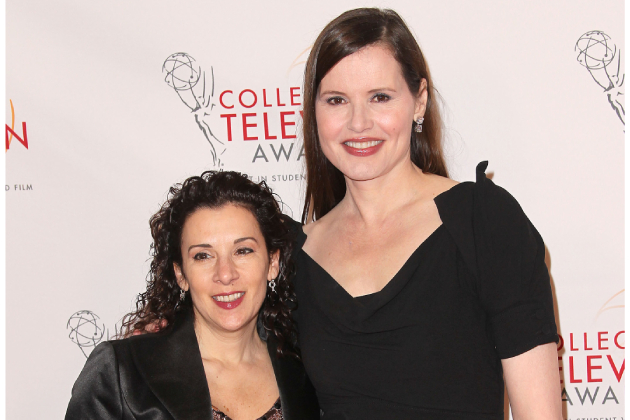NEW ORLEANS — From reality competitions to quiz shows, the formats business model is firing on all cylinders as producers and creators look to unleash bold ideas that can travel worldwide.
A panel of industry executives shared their insights on how the formats business is evolving, what genres are exploding and what opportunities exist on Thursday (Jan. 30) at the Realscreen Summit in New Orleans.
Panelists included Avi Armoza, CEO of Armoza Formats; Hayley Babcock, head of formats, international programming and production at A+E Networks; Rose Hughes, VP of sales at Keshet International; Hayden K. Meyer, agency partner and EVP, head of alternative and factual programming at APA; and Diane Min, head of format sales at CJ ENM.
“There was a sign of hope with The Masked Singer, which kind of proved that the model still exists, that there is still an ability to create something that is fresh and unique,” Armoza said, adding that consolidation of media companies has impacted the formats business creatively and from a business perspective.
Babcock echoed Armoza. “Not all formats are created equal. Generally, when things in the world are very dark, entertainment goes very light… People turn to the entertainment industry for some relief from what’s going on in the world… Creators and commissioners have both, whether consciously or unconsciously, leaned into lighter, more entertaining, more feel good, more co-viewing opportunities.”
For that reason, Babcock said the format industry is burgeoning with uplifting series. At Keshet International, Hughes said the company seeks out “big and bold and brave” formats that “can connect to something within us.”
Presenting the audience with a clip from the driving competition format Drivemaster, which is airing in Russia, Hughes added: “It’s a booming time… There’s a real desire to fill schedules with entertainment shows.”
Min, presenting a clip of CJENM’s feel-good, hybrid music competition/dating format Love at First Song, also pointed toward the success of the Fox format as a sign of a resurgent international business. “The Masked Singer proved there is an appetite for something very fresh, unique and crazy.”
“The U.S. market is more exciting than its been in years, and a lot of due, in no small part, to the success of The Masked Singer, because everybody now is open to the most outrageous, crazy [ideas],” Meyer said. “Networks, broadcasters, cable and OTTs are taking chances like I haven’t seen in years. It’s really exciting for original creators… My colleagues and I, and our competitors out there, are selling more original IP now than we have sold in years. The pendulum has swung back to this concept of original IP creation in the U.S.”
He added, also, that the proliferation of streaming platforms has forced producers to be more competitive.
“They’re coming with bigger budgets, because they need to come out with something big and splashy,” Armoza said. “At the end of the day, it’s not the platform, its the story we choose to tell.”
As the formats business continues to swell, it can be difficult for small prodcos and independent producers to compete against companies of scale and land a deal for their project.
“The bar is really high,” said Meyer. “If you have an idea, you have to assume everybody else has had that idea. So, what’s going to be the thing about your idea that’s going to differentiate it?”
Despite the formats boom, producers can expect to face a few key challenges in the future — from IP theft to limited budgets.
“There are many, many opportunities out there, which is fabulous, but there’s always challenges too. Production budgets are getting higher and higher and certainly, in the UK, it’s very rare in the non-scripted world that shows are fully financed,” Hughes said, pointing to the rise of the production hub for international adaptations of formats as an example of creative cost-efficiency. “That can be difficult to overcome, especially if you’re a smaller, independent production company. The idea of working together to find creative solutions really becomes more and more important.”
(Photo: Rahoul Ghose)






























